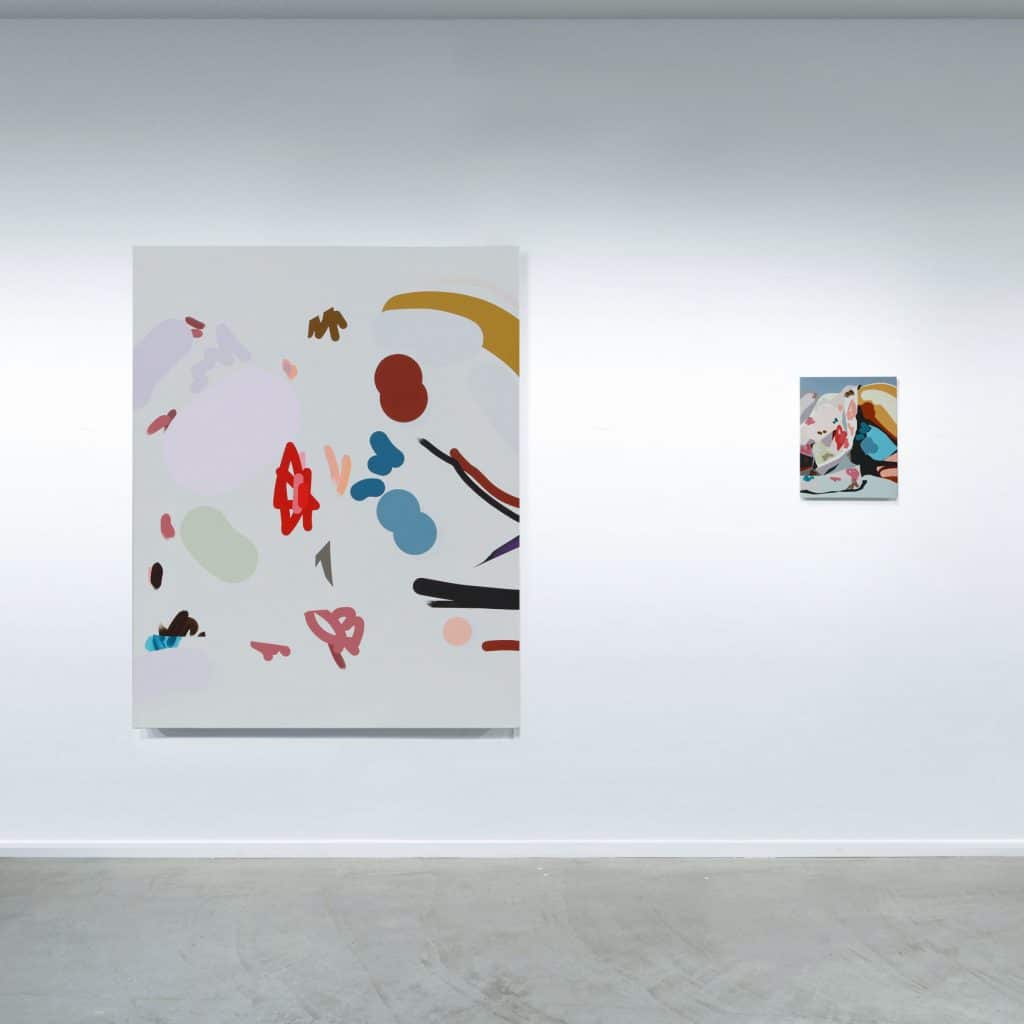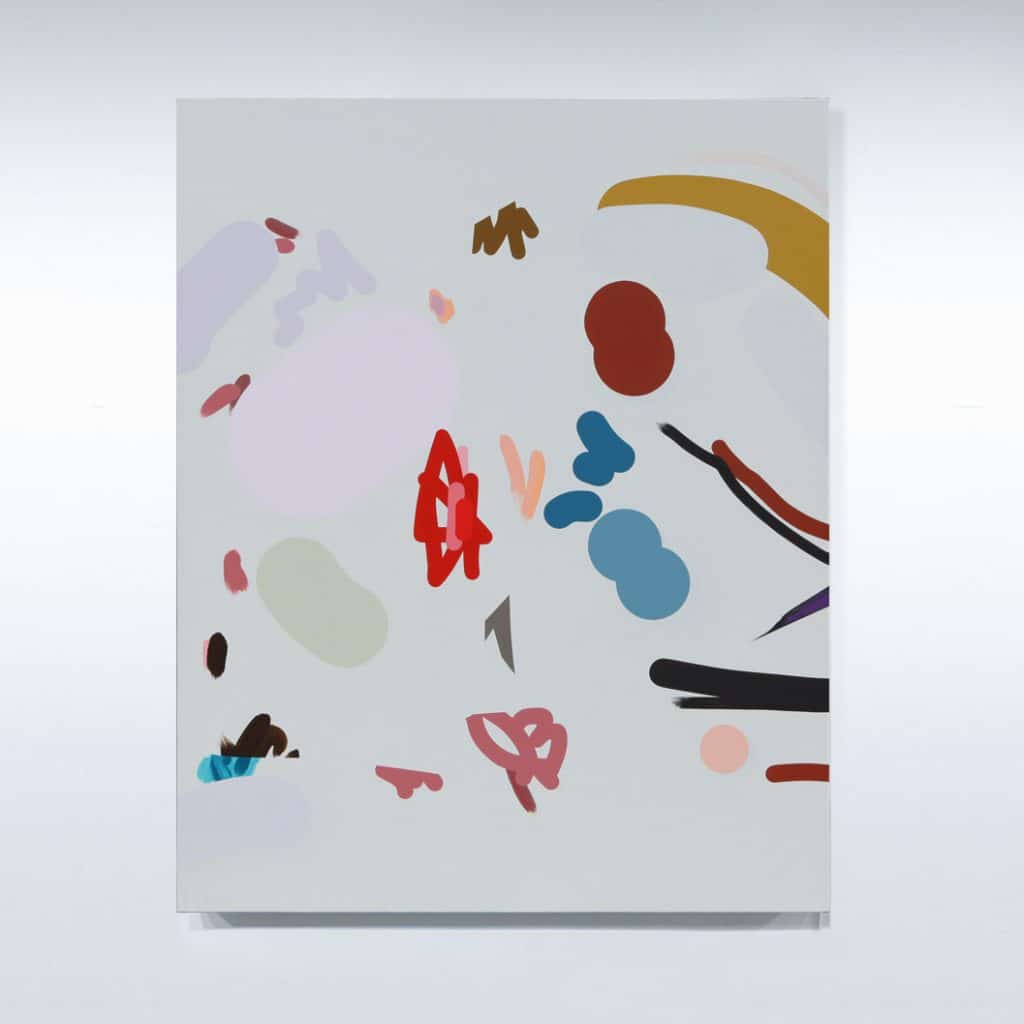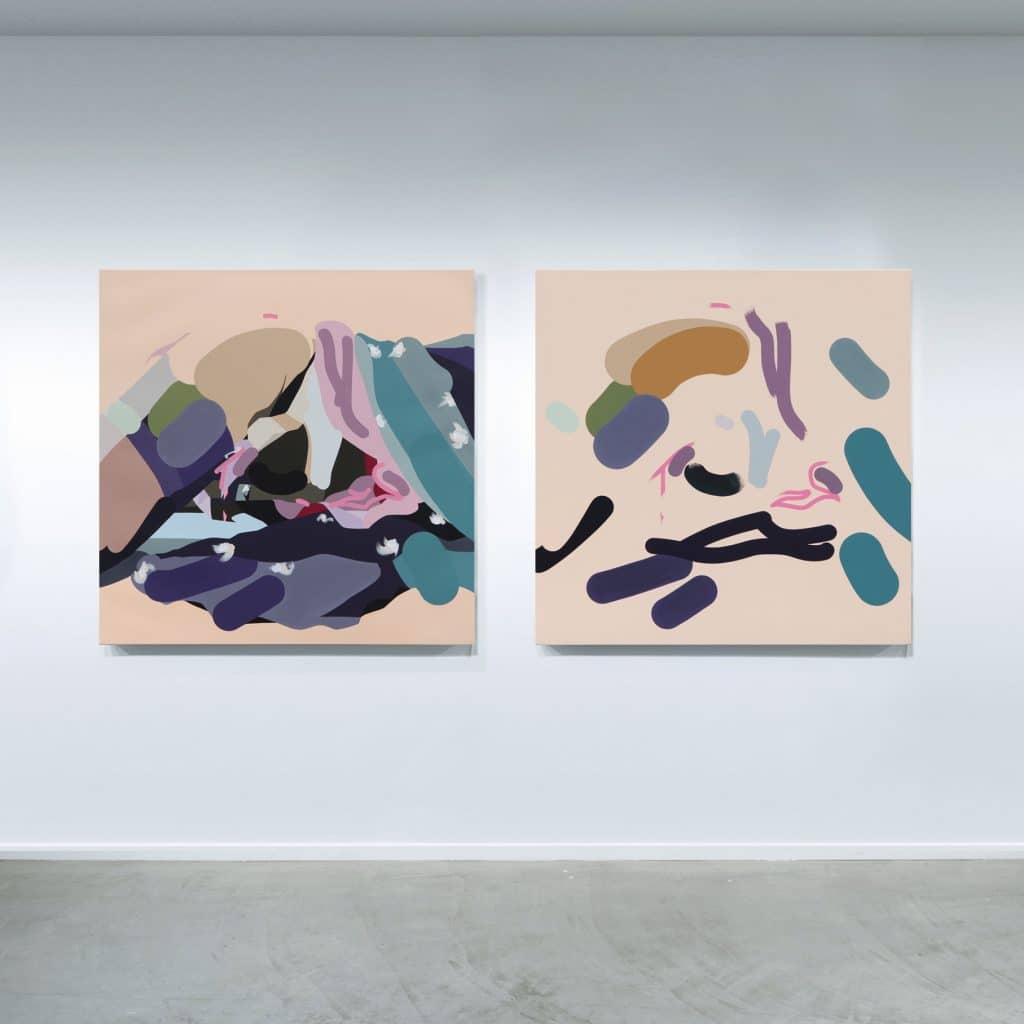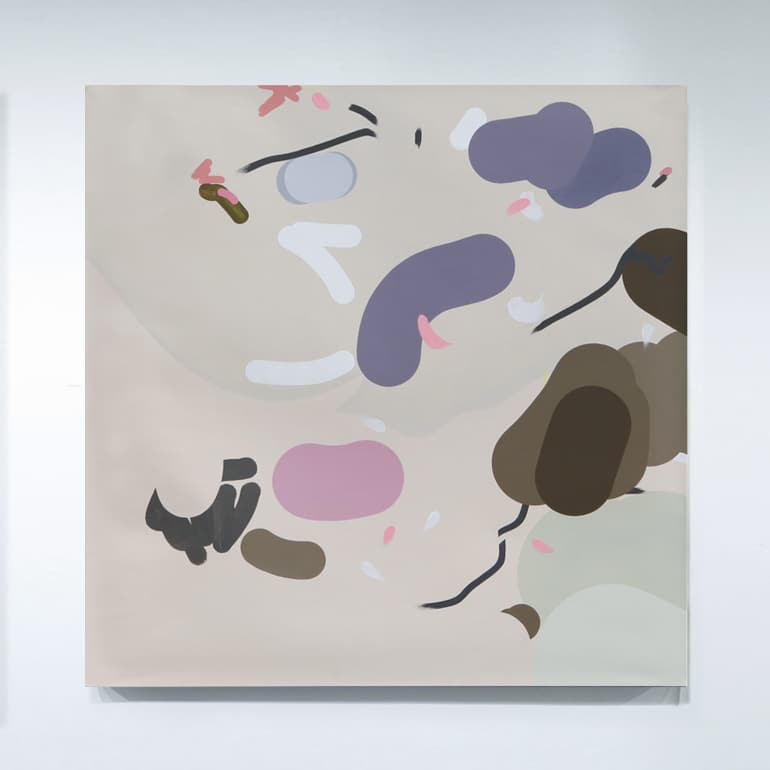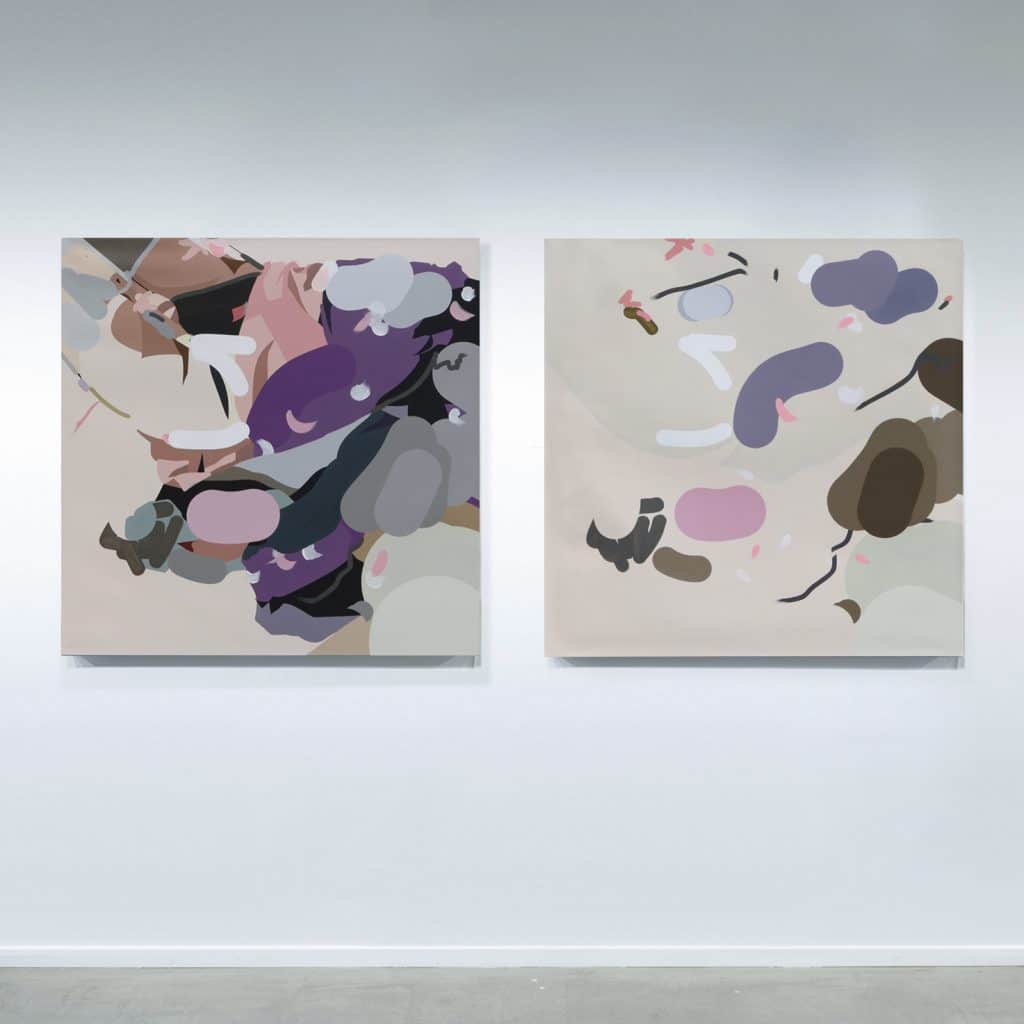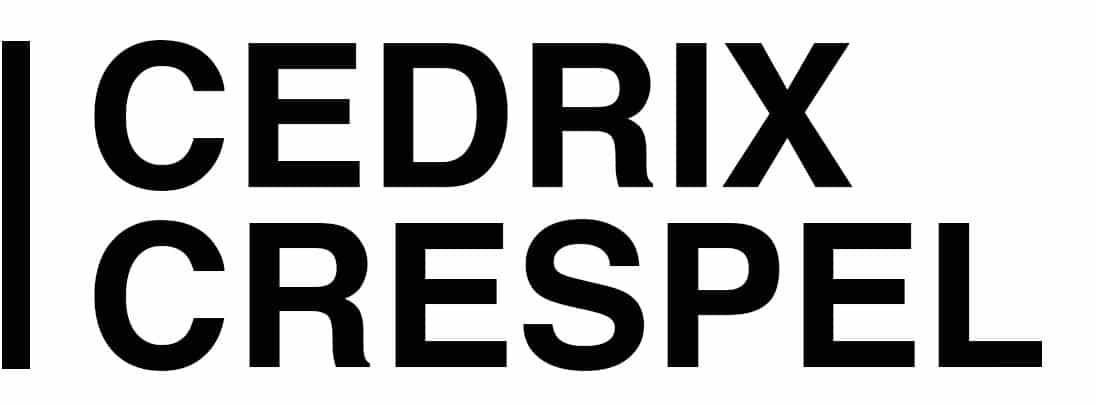Décomposer… c’est un peu comme déconstruire. Il y a derrière cette démarche un espoir. Celui du rafraîchissement. De la potentialisation. L’envie aussi de chérir tout ce que l’affirmation paradoxalement nie. Et puisque chaque forme, qu’elle le veuille ou non, nie autant qu’elle affirme, rompre les lignes revient à questionner. Alors quand Crespel déconstruit ou décompose, je ne peux m’empêcher de penser aux écarts de Rancière et à sa dévisualisation. A la joie manifeste qu’éprouve le philosophe lorsque, subitement relégué à l’amateurisme du spectateur, il découvre la liberté d’aimer et de vibrer indépendamment des autorités de la théorie, du savoir et de l’école. Au fond, que l’on parle de cinéma ou de peinture, l’idée demeure: “un art n’est jamais simplement un art ; c’est toujours en même temps une proposition de monde”.
Decomposing is a bit like deconstructing. Behind the approach hides a sort of hope; for refreshments and new possibilities. There is also a certain desire to cherish everything that the statement would paradoxically deny. And, given that each form—whether it likes it or not—denies as much as it affirms, breaking the lines amounts to questioning. Therefore, when Crespel deconstructs or breaks down, I cannot help but think of Rancière’s deviations and his devisualisation. I think of the obvious joy that fills the philosopher when, suddenly relegated to the spectator’s amateurism, he discovers the freedom to love and vibrate without the burdening authority of theory, knowledge and school. In fact, whether we talk about cinema or painting, the idea remains the same: “an art is never just an art; at the same time, it is always a suggested world.”
Film Fables (in French: Les Écarts du Cinéma), Jacques Rancière
